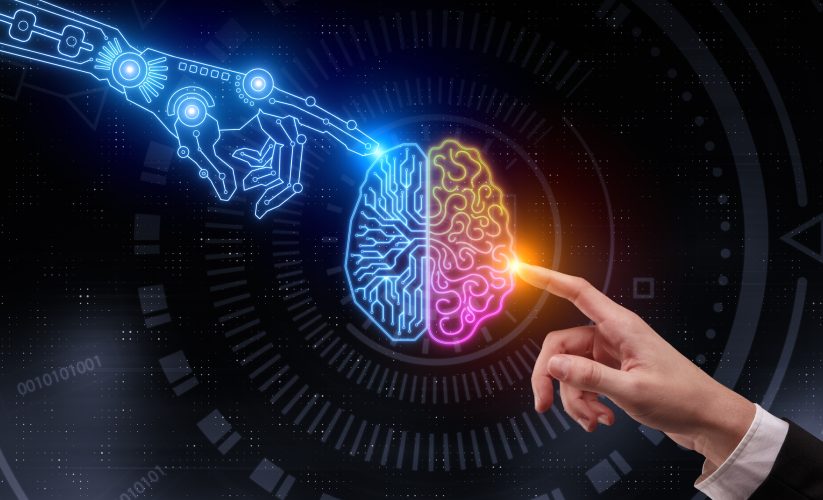
Driving Scientific Innovation with Automated Solutions in 2024
Roger Smith
- May 10, 2024
In the sprawling quest for knowledge, science has always been at the forefront of discovering the unknown and solving the unsolvable. With the advent of automated solutions, this pursuit has not only gained momentum but also transformed in its essence. Today, we stand on the brink of a new era where automation is not just an aid but a fundamental driver of scientific innovation.
Science and Automation: A Symbiotic Relationship
Science, by its nature, demands precision, repeatability, and efficiency qualities that automation excels in delivering. As we delve deeper into this relationship, it becomes clear that the integration of automated technologies in scientific research is not just beneficial but essential. Automation liberates researchers from the tedium of repetitive tasks, allowing them to focus on complex problem-solving and hypothesis testing.
Unleashing Creativity Through Repetitive Task Automation
Imagine a world where the brightest minds are no longer bogged down by the mundane. Automated solutions in laboratories, such as robotic arms capable of performing thousands of experiments simultaneously, not only increase throughput but also reduce human error. This shift is monumental, paving the way for innovative experiments that were once deemed impractical or impossible.
Data, the cornerstone of scientific research, can now be managed more effectively with advanced software solutions. Automated data collection and analysis tools ensure high accuracy and real-time insights, which are crucial for making informed decisions. These tools also facilitate complex data management, making it easier for scientists to discover patterns and correlations that were once hidden in plain sight.
Accelerating Discovery with Machine Learning
Incorporating machine learning algorithms into the fabric of scientific research has revolutionized how discoveries are made. These algorithms can analyze vast datasets quickly, predict outcomes, and even suggest new research avenues. Machine learning isn’t just a tool; it’s a collaborator that offers a fresh perspective on data interpretation. The road to discovery is rarely walked alone. Automated solutions also enhance communication and collaboration among scientists by providing platforms for data sharing and discussion. This seamless exchange of ideas and data is crucial for interdisciplinary research and global scientific advancements.
Custom Automation Tools for Specialized Research
One size does not fit all, especially in science. Custom automated tools are being developed for specialized research needs, offering tailored solutions that enhance efficiency and effectiveness. Whether it’s tracking wildlife populations with automated drones or analyzing celestial data with AI-powered telescopes, these tools are expanding the horizons of what’s possible.
Challenges and Ethical Considerations
While the benefits are plentiful, the integration of automation in science is not devoid of challenges. Ethical considerations, particularly around data privacy and the potential for machine bias, are at the forefront of discussions. Additionally, there’s the challenge of ensuring these tools are accessible to all, preventing a divide between well-funded and under-resourced institutions.
The Future is Automated
As we look to the future, the trajectory is clear automation will become more ingrained in scientific research. Its potential to increase the pace of discovery and make science more inclusive is boundless. However, it is crucial to navigate this path with caution, ensuring ethical standards and accessibility remain central to the advancement of science. Automated solutions are not just tools but catalysts in the scientific realm, driving innovation at a pace previously unimagined. As we harness these technologies, the future of science looks not only productive but also incredibly promising. Embracing automation today is stepping into a future where the boundaries of science continue to expand, bringing us closer to answers that once seemed beyond our reach.





